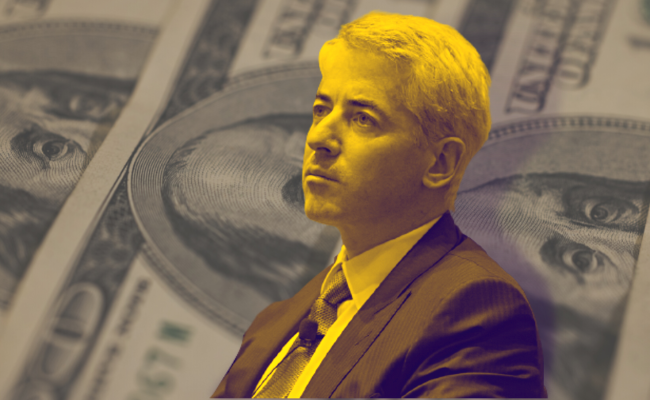Pershing Square CEO Bill Ackman questioned the upcoming closure of U.S. stock markets to honor former President Jimmy Carter, sparking debate about the intersection of commerce and presidential remembrance.
What Happened: “Why does it honor a former president when we close the stock market?” Ackman wrote on X on Monday. “The stock market is the embodiment of capitalism. Closing the market is synonymous with shutting down commerce.”
The New York Stock Exchange and Nasdaq will suspend trading on Jan. 9, coinciding with Carter’s state funeral in Washington, D.C. The closure follows President Joe Biden‘s declaration of a National Day of Mourning for Carter, who died Sunday at age 100.
The market closure continues a longstanding tradition of honoring deceased presidents. Similar trading halts occurred for former Presidents George H.W. Bush in 2018 and Gerald R. Ford in 2007. The only non-president to receive this honor was Martin Luther King Jr. in 1968.
Carter’s presidency from 1977 to 1981 was marked by significant economic challenges, including double-digit inflation that peaked at 13.5% during his term. His appointment of Paul Volcker as Federal Reserve chairman proved crucial in eventually taming inflation through aggressive interest rate hikes, though the policy contributed to Carter’s 1980 electoral defeat.
NYSE Group President Lynn Martin emphasized Carter’s service, stating, “Jimmy Carter, with humble roots as a farmer and family man, devoted his life to public service and defending our freedom.”
Why It Matters: The Jan. 9 closure adds to two other scheduled market holidays that month: New Year’s Day and Martin Luther King Jr. Day. During the mourning period, the U.S. flag at the NYSE will fly at half-staff.
Carter’s economic legacy includes the $1.5 billion government-backed rescue of Chrysler Corporation in 1980, which prevented the automaker’s bankruptcy and saved thousands of jobs. The company, now part of Stellantis N.V., later repaid $12.5 billion in government loans.
For investors, the upcoming closure means adjusting trading strategies around a shortened trading week, similar to other federal holidays that impact market operations.
Read Next:
Disclaimer: This content was partially produced with the help of AI tools and was reviewed and published by Benzinga editors.
Photos courtesy: Wikimedia and Unsplash
© 2024 Benzinga.com. Benzinga does not provide investment advice. All rights reserved.








